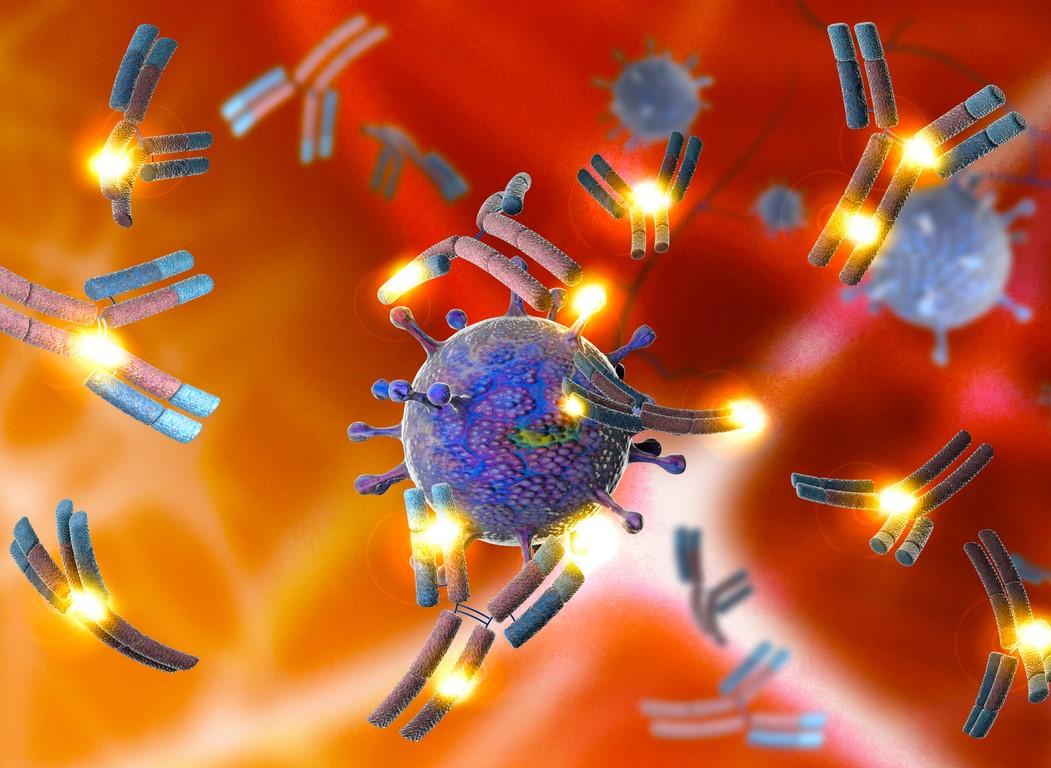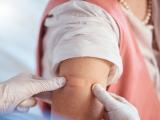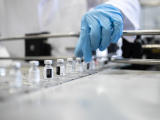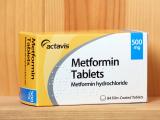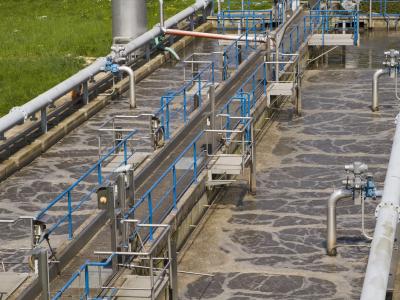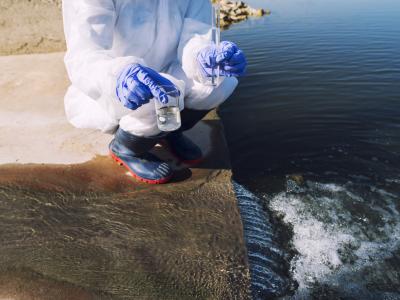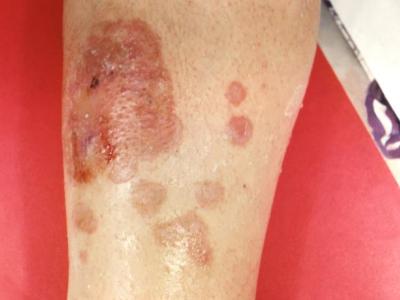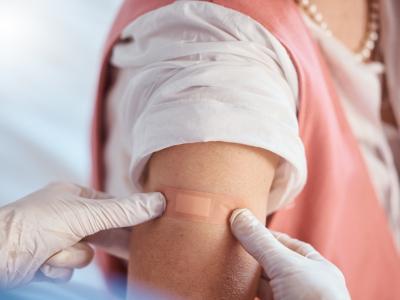AstraZeneca's monoclonal antibody combination tixagevimab-cilgavimab (Evusheld) reduced the risk of symptomatic COVID-19 infection by 83% over placebo at a median follow-up of 6 months, finds a phase 3 randomized clinical trial published yesterday in the New England Journal of Medicine.
As part of an ongoing trial, US and European PROVENT Study Group members, which included AstraZeneca representatives, enrolled 5,197 COVID-naïve adults at elevated risk for inadequate immune response to COVID-19 vaccination and/or exposure to SARS-CoV-2 at 87 sites from Nov 21, 2020, to Mar 22, 2021, before the rise of the Delta and Omicron variants.
The researchers randomly assigned participants in a 2:1 ratio to receive one intramuscular 300-milligram dose of either Evusheld (3,460) or a saline placebo (1,737) and contacted them weekly about any COVID-19 symptoms for up to 183 days.
Infection in 0.2% with Evusheld vs 1.0% with placebo
Over 73% of participants were at elevated risk of infection owing to age older than 60, obesity, impaired immunity, or a high risk for vaccine-related adverse events, and 77.5% had congestive heart failure, chronic obstructive pulmonary disease, or chronic kidney or liver disease.
Among Evusheld recipients, 1,161 (34%) were vaccinated against COVID-19, as were 853 (49%) in the placebo group. Average age was 53.5 years, 43.4% were age 60 or older, 46.1% were women, 14.5% were Hispanic, 17.3% were Black, and 73.0% were White.
Of all participants, 52.5% were considered at increased risk of SARS-CoV-2 exposure, including healthcare workers, meatpackers, military personnel, students living in dorms, and others living closely together in Belgium, France, Spain, the United Kingdom, and the United States.
Symptomatic COVID-19 infection occurred in 0.2% of 3,460 Evusheld recipients, compared with 1.0% of 1,731 placebo recipients (relative risk reduction, 76.7%; 95% confidence interval [CI], 46.0% to 90.0%). After a median of 6 months, the relative risk reduction was 82.8% (95% CI, 65.8% to 91.4%).
"This increase in the efficacy estimate since the time of the primary analysis was driven by a greater percentage of events in the placebo group (1.2%, in 12 of 960 participants) than in the AZD7442 [Evusheld] group (0.1%, in 3 of 2,003 participants) during months 3 through 6, as compared with months 0 through 3," the researchers wrote.
Among participants at increased risk for COVID-19 infection or exposure, relative risk reductions (80.7% and 82.6%, respectively) were comparable to that in the overall population in the primary efficacy analysis (76.7%). Time to symptom onset was longer with Evusheld than placebo (hazard ratio, 0.17; 95% CI, 0.08 to 0.33). Serum concentrations of Evusheld remained high for 6 months after receipt.
Five participants, all in the placebo group, developed severe or critical COVID-19, and two died of COVID-19. Six Evusheld recipients (0.2%) and no placebo recipients visited an emergency department with symptoms consistent with COVID-19; three of them later tested positive for COVID-19, but none were admitted to the hospital.
Low, similar rates of adverse events
Among the 3,460 Evusheld recipients, 35.3% reported at least one adverse event, most mild or moderate, compared with 34.2% of 1,736 placebo recipients. The most common adverse event was a reaction at the injection site, which occurred in 2.4% in the Evusheld group and 2.1% of placebo recipients.
Viral genotypic data for 7 of 11 symptomatic Evusheld recipients and 13 of 31 symptomatic placebo recipients showed that 1 in the Evusheld group was infected with the Beta variant and 5 each in the placebo group had an Alpha subvariant or Delta infection.
The study authors noted that a previous phase 1 trial of Evusheld compared with serum from COVID-19 survivors, Evusheld recipients had higher SARS-CoV-2 neutralizing antibody levels, which remained three times as high after 9 months. Those findings were published in January.
"The data reported here provide support for the use of AZD7442 as immunoprophylaxis to prevent COVID-19," they wrote, adding that Evusheld has the advantage over other monoclonal antibodies because it offers relatively long-lasting protection against infection, is given intramuscularly rather than intravenously, and is administered only once as two shots rather than monthly.
Clinical and pharmacokinetic evaluations of Evusheld in this trial are expected to continue for at least a year, the researchers said.
In December 2021, the US Food and Drug Administration (FDA) authorized Evusheld to prevent COVID-19 in people with moderately to severely impaired immunity and those in whom vaccination is not recommended. On Feb 24, the FDA recommended increasing the dose to 600 mg owing to the emergence of the Omicron BA.1 subvariant.
